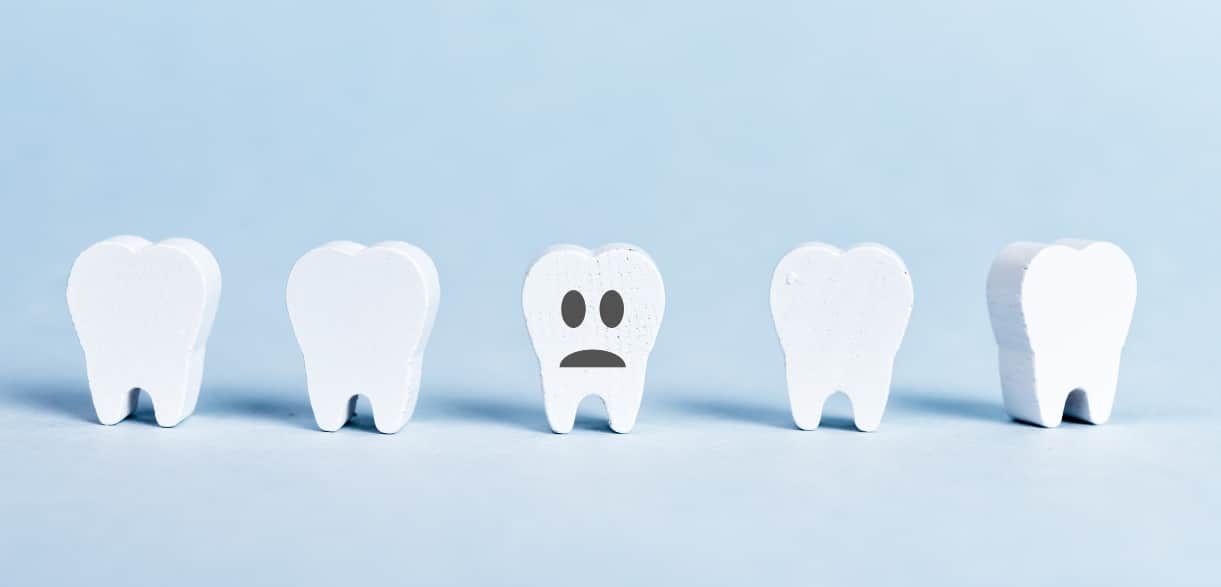
What Are the Long-Term Effects of Poor Oral Hygiene?
Oral care is synonymous with a good body. It’s so easy to neglect and poor oral hygiene can ruin your health. If you neglect your teeth today, you’ll suffer awful consequences later. Brushing and flossing do just fine for most of the population. However, poor oral hygiene isn’t about cavities. It’s all about chronic harm that eats away at you day by day and slowly decreases your well-being.
Short-Term and Long-Term Consequences of Poor Oral Hygiene
Short-term consequences of poor oral hygiene are patent and easily managed. Gum inflammation, bad breath, and intermittent teeth sensitivity are all typical complaints. If you ignore, these develop into grave afflictions.
Long-term lack of attention could lead to irreversible conditions like gum disease, tooth loss, and even system diseases. Even though periodical brushing may momentarily alleviate issues, improper dental hygiene steadily develops issues.
The Long-Term Effects of Poor Oral Hygiene
1. Gum Disease (Periodontal Disease)
Plaque and tartar buildup from inadequate oral hygiene cause gum infection. This infection initially leads to gingivitis, with red and swollen gums that bleed easily. If you leave ituntreated, it progresses to periodontitis, where the infection kills the soft tissues and bone that support teeth.
Over time, gum disease causes receding gums, loose teeth, and eventually tooth loss. Brushing and flossing are required to avoid gum disease and extensive damage.
2. Tooth Loss
Untreated gum disease and cavities can result in tooth loss. Tooth decay is caused by poor oral hygiene and plaque. You must typically remove the decay that has reached the center of the tooth.
Neglecting oral care accelerates this process. The gums pull back with time, and tooth support is compromised. It leads to mobility or loss. Regular visits to a dentist in Cypress can identify decay early and prevent the removal of a tooth.
3. Increased Risk of Heart Disease
Did you know that you can have heart disease due to poor oral health? Bacteria from gum disease and plaque travel through the blood and onto the heart. This causes inflammation. As a result, it narrows arteries and increases the risk of heart attack or stroke.
Studies have shown that people with poor oral hygiene tend to develop cardiovascular disease. Regular dental appointments prevent contracting such complications of oral bacteria in their early stage.
4. Complications of Diabetes
Poor oral health affects blood glucose control, especially in diabetic patients. Gum disease will complicate diabetes. It will be increasingly hard to manage blood sugar.
This creates a vicious cycle. Diabetes weakens the body’s resistance ability, and gum disease aggravates it further. Maintaining good oral hygiene by brushing, flossing, and frequent dentist visits can manage diabetes complications.
5. Respiratory Problems
Your mouth is the entry point to your lungs. Bacteria from poor oral hygiene can spread from the throat to the lungs. This will cause infections such as pneumonia or bronchitis.
In already suffering patients with respiratory conditions such as asthma or COPD, poor oral hygiene will also result in enormous spikes in the severity of their condition. Keep your mouth healthy. It will make you able to prevent these chronic respiratory diseases.
6. Effect on Mental Health
The long-term consequences of neglecting oral hygiene are not only physical. Failing to take care of your teeth and gums can result in low self-esteem, anxiety, and depression.
Repeated bad breath, tooth rot, or exposed gum issues can be embarrassing. In the long run, this can take a toll on social life and mental health. Maintaining good oral hygiene can enhance both your looks and mental state.
7. Bad Breath (Halitosis)
Bad breath that persists is perhaps the most infuriating result of oral hygiene abuse. Oral bacteria break down pieces of food and release malodorous-smelling gases.
Over time, the condition becomes a chronic problem, and others might detect it. Brushing regularly, flossing, and dental examinations can help you get fresh breath. These will also prevent the progress of halitosis in your life.
How to Prevent Long-Term Damage?
Brushing the teeth at least twice daily and flossing every day are vital for good oral health.
You must have a healthy diet that is low in sugary foods and drinks. It also aids in avoiding plaque buildup. Regular dental visits with your dentist are important to catch problems early. They can also advise on good oral care methods.
If you’re prone to certain oral health problems, your dentist may recommend special treatments or products to improve your oral hygiene habits. The long-term effects of poor oral hygiene go far beyond cavities and bad breath.
Keeping your oral health in priority today will save you from costly and painful consequences. Don’t wait too long—give your oral health high importance now.



